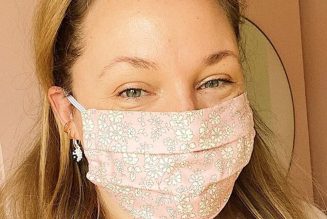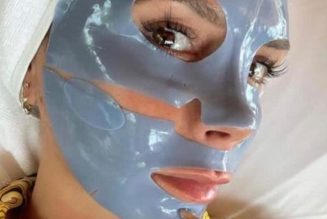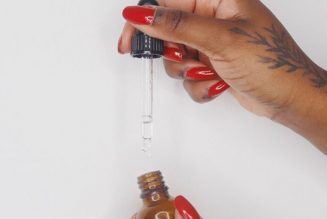
Understanding the role of probiotics starts with understanding the role of the microbiome. Essentially, our bodies function alongside a whole network of microorganisms that cohabit in certain areas. For example, we have very prominent microbiomes in our guts and up our noses—in fact, we have living microbiomes in virtually every part of our bodies. These microbiomes are made up of trillions of microbes, consisting of bacteria, fungi and viruses, that help our bodies function and protect it from harm.
And yep, you guessed it, our skin’s microbiome is really important, too. “Essentially, your skin’s microbiome prevents organisms such as fungi, viruses and infections penetrating your skin and causing issues such as infection and inflammation,” explains Lauren Hamilton, cosmetic doctor and co-founder of Victor & Garth skin clinic. “Known as ‘residential organisms,’ they vary based on where they best thrive; be it within the fatty debris around the sebaceous follicles or within the moist environment of the scalp. Should they become unbalanced, problems can arise,” she adds.
Keeping your skin happy relies on a balanced microbiome. When the microbiome is out of balance, it can lead to other bacteria invading the space,” says Marie Drago, pharmacist and founder of Gallinée Skincare. “Science is showing the clear link between microbiome imbalance and inflammatory diseases such as acne and eczema,” she says.












Tagged: skin